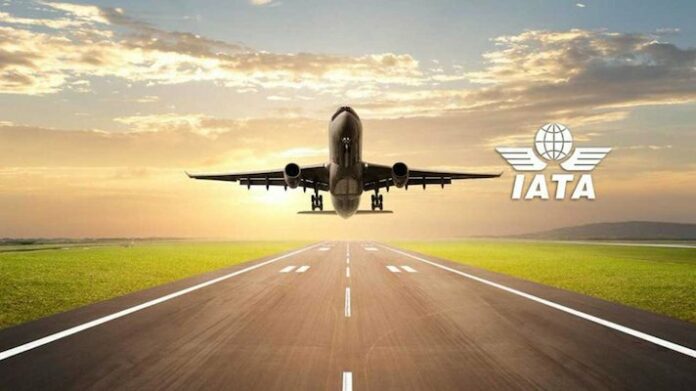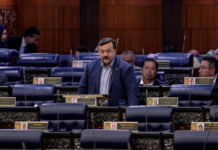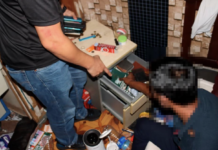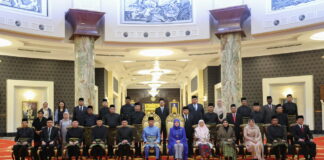ISTANBUL, June 5 — The International Air Transport Association (IATA) has called on airlines in the Asia Pacific to strengthen their readiness in the transition to the sustainable aviation fuel (SAF) mandate.
IATA regional vice-president for Asia Pacific Philip Goh noted that government policies and incentives are crucial to encourage the scaling up of SAF production.
The development of the SAF mandate in the Asia Pacific is not as fast as in other regions, he said.
“Most airlines and governments in the region are just starting out their SAF journey.
“We work closely with the stakeholders to collaboratively progress on the SAF journey, including encouraging governments in the region to help put in place policies to scale up the production and adoption of SAF,” he told a media briefing on regional updates for the Asia Pacific and North Asia on Sunday.
The media briefing was held on the sidelines of the IATA annual general meeting and World Air Transport Summit 2023 which is held between June 4 and June 6 here.
Goh highlighted the need for a massive scale-up in production for the aviation industry in the move toward its decarbonisation commitment by 2030.
“To meet the target, there is a need to have around 450 billion litres of SAF (globally) by 2050. We do not want to miss that opportunity. Support from governments and value chain partners will be needed in this journey,” said Goh.
In a separate statement, IATA said it has unveiled a series of roadmaps aimed at providing step-by-step detailing of critical actions for aviation to achieve net zero carbon emissions by 2050.
IATA director-general Willie Walsh said the roadmaps are a call to action for all aviation stakeholders “to deliver the tools needed to make this fundamental transformation of aviation a success with policies and products fit for a net-zero world.”
Among the highlights are aircraft technology, energy, and new fuels infrastructure.
IATA said the focus for energy and new fuels infrastructure is on the fuels and new energy carrier infrastructure upstream from airports needed to facilitate the use of aircraft powered by SAF or hydrogen.
Renewable energy plays a vital role in meeting the aviation sector’s energy demand, and the roadmap outlines milestones to enable the necessary infrastructure developments.
















